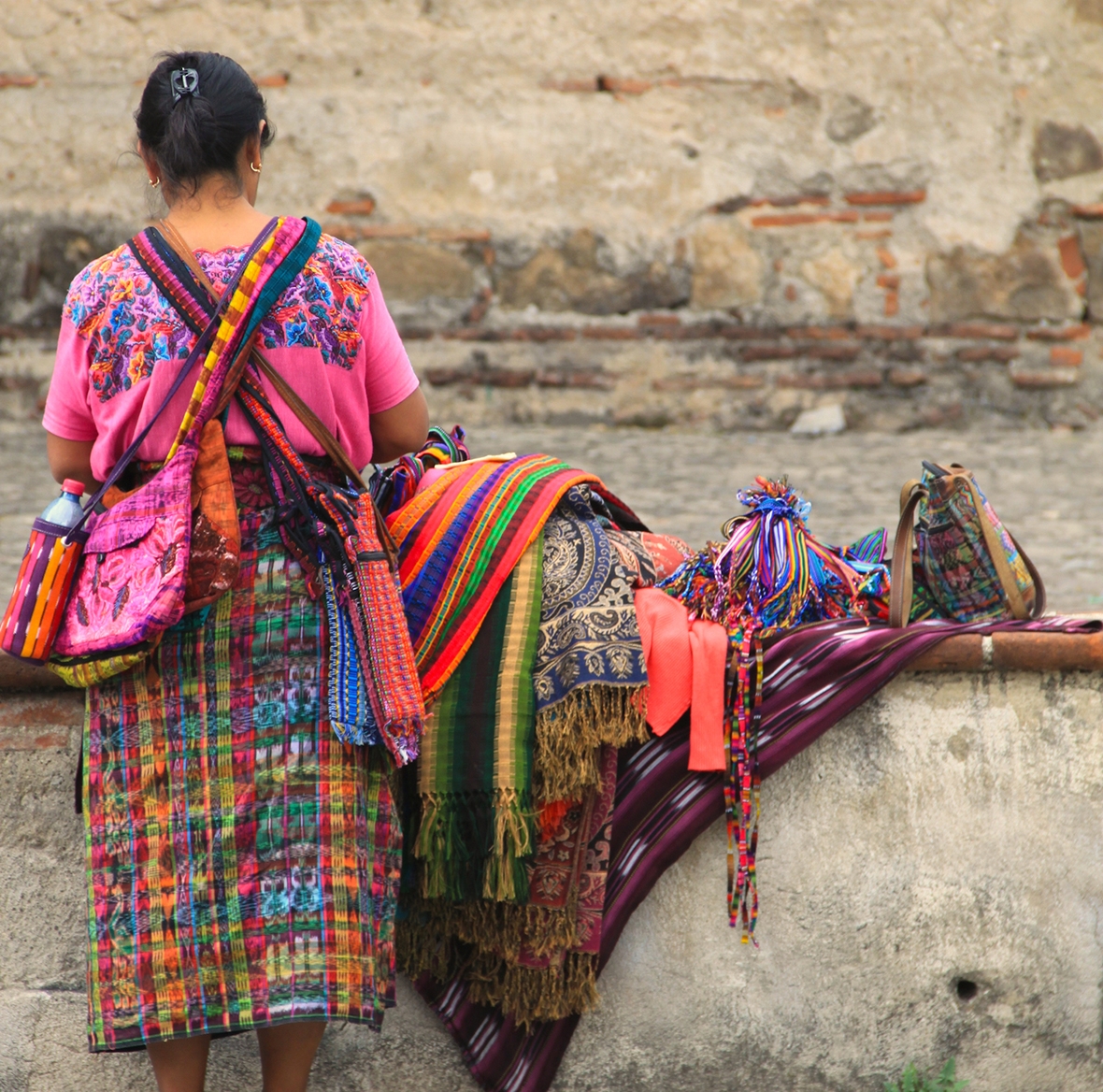From Advanced Quantitative Methods to Indigenous Weaving: Journeys to Empowerment in Guatemala

Smita Jacob and Mihai Patru
Master of International Public Policy
When Smita and Mihai joined the Master of International Public Policy program in September 2016, they viewed this mid-career program as an opportunity to reflect on their transition from previous successful careers to a new phase in their professional life. Smita, a development professional from India, had worked with the United Nations Development Programme and the Government of India to design and manage a poverty alleviation program mobilizing rural women into livelihood collectives, while Mihai brought his experience as a Romanian career diplomat and expertise gained as a Senior Fellow at the Johns Hopkins SAIS Center for Transatlantic Relations. The academic platform offered by the school and the network of professionals they had access to during this past year have played an important role in their readiness to launch their very own social enterprise, GuaTela, this summer in Guatemala.
It was for a class project in Social Entrepreneurship: Driving Innovation in Development that the two started developing GuaTela (derived from Guatemala and Tela, the Spanish word for fabric). As a social enterprise, GuaTela’s core mission is to empower indigenous women artisans in Guatemala through the sale of top quality woven fashion products in the US market.
What makes the business model unique is that these Mayan artisans are given a fair price for what they produce along with equity in the company, once profits are stable and constant. This way it ensures that these women and their families have access to a sustainable income source thus contributing to their efforts to rise out of poverty. In a country like Guatemala, where indigenous women have been trapped for generations in a continuous cycle of poverty and discrimination, projects like GuaTela are designed to generate sustainable progress from within the underserved communities. The project was selected by the school’s International Development program as the Best Social Entrepreneurship Project of Spring 2017.
After five months of incubation at Johns Hopkins SAIS, GuaTela moved from the classroom into the real world this June. During its first phase, GuaTela will start implementing a pilot project in a Mayan village in the Western Highlands, one of Guatemala’s poorest regions. During this time GuaTela will build its partner base on the ground, identify weavers in target villages, train them, and create its first line of products. Simultaneously, discussions with potential investors and partners will continue to take place in order to attract and ensure the right support for GuaTela to start its full-time engagement in Guatemala in January 2018.